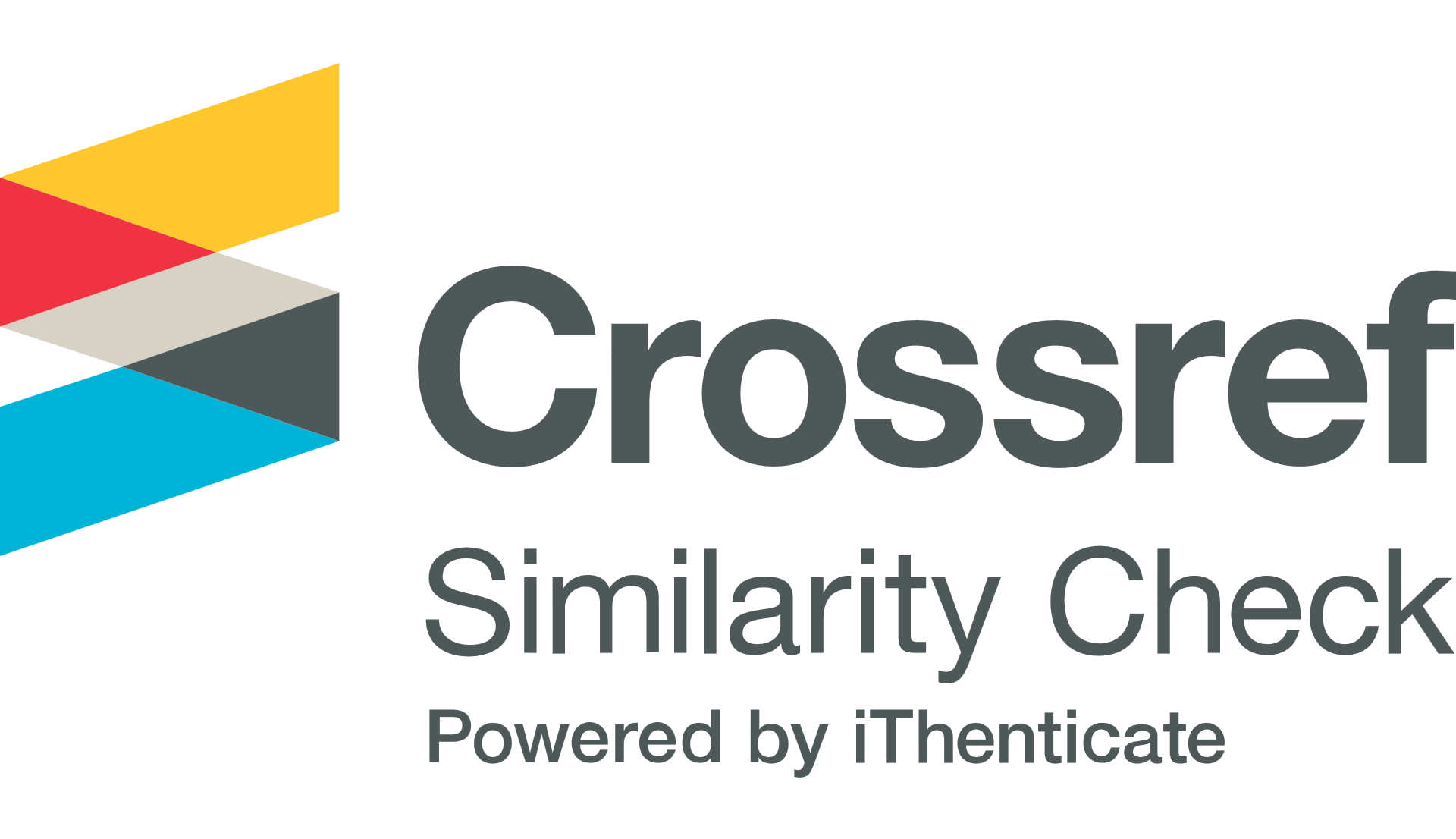The extent to which the history curriculum taught to fifth grade literary students includes historical thinking skills from the point of view of its teachers
Abstract
The current research aims to identify the extent to which the history curriculum to be taught to fifth grade literary students includes historical thinking skills from a school point of view, and the sample consisted of teachers of the history curriculum for the fifth grade literary preparatory in the schools of the Nineveh Education Directorate for the academic year (2023-2024), as the total number of its members reached (243) teachers and schools, including (143) teachers and (99) schools, and the researcher prepared the research tool (Historical thinking skills), which consisted of (76) paragraphs in its final form distributed over five areas: (understanding historical situations (16) items, discovering historical evidence (20) paragraphs, analyzing historical issues and decision-making (18) paragraphs, positive effects (12) paragraphs, and negative effects (10) paragraphs, with five alternatives included in the curriculum to a degree: (very large, large, medium, few, very few) by taking the opinions of members of the research sample from the supervisors of specialization and teachers of the history curriculum, After collecting and analyzing the data statistically using the (T-test) test for two independent samples, the Pearson correlation coefficient, Cronbach's alpha, the reference mean, and the relative weight, the researcher reached the following results:1-The percentages achieved for the field of positive influences amounted to (74.41), it achieved the first place, while the field of understanding historical situations amounted to (73.84) and achieved the second place, and the field of discovering historical evidence ranked third and amounted to (73.43), while the field of analysis of historical issues and decision-making ranked fourth, which amounted to (73.22) The field of negative influences has achieved the fifth and last rank of (71.42) according to the point of view of the members of the research sample of teachers and teachers of the history curriculum.2-The achieved percentages of positive effects amounted to (80.6) It ranked first, while the field of understanding historical situations reached (80.4) and ranked second, while the field of discovering historical evidence ranked third, which amounted to (79.5), and the field of analysis of historical issues and decision-making ranked fourth and adult (79.12), and achieved the field of negative, recent and adult effects (78.68) according to the point of view of the male research sample members.3-The percentages achieved for the field of positive influences reached (81.8) has achieved the first place, while the field of understanding historical situations reached (80.6), has achieved the second place, while the field of analysis of historical issues and decision-making ranked third and amounted to (80.56) has achieved the field of discovery of historical evidence ranked fourth and adult (80.39), and achieved the field of negative effects ranked fifth and last, which amounted to (76.39) according to the views of the members of the research sample of females.The researcher came out with a number of conclusions, recommendations and suggestions, including emphasizing the directorates of preparation and training to hold courses for history teachers to clarify the importance of teaching historical thinking skills and consolidating them in the minds of students, the content of the history curriculum has included historical thinking skills in all their skills and in good proportions from the views of the supervisors of specialization and teachers of the curriculum as a whole, the Ministry of Education General Directorate of Curricula include historical thinking skills According to historical scientific developments, one of the proposals is the role of the history curriculum in developing the historical thinking skills of fifth grade literary students from the point of view of specialized supervisors and teachers.


